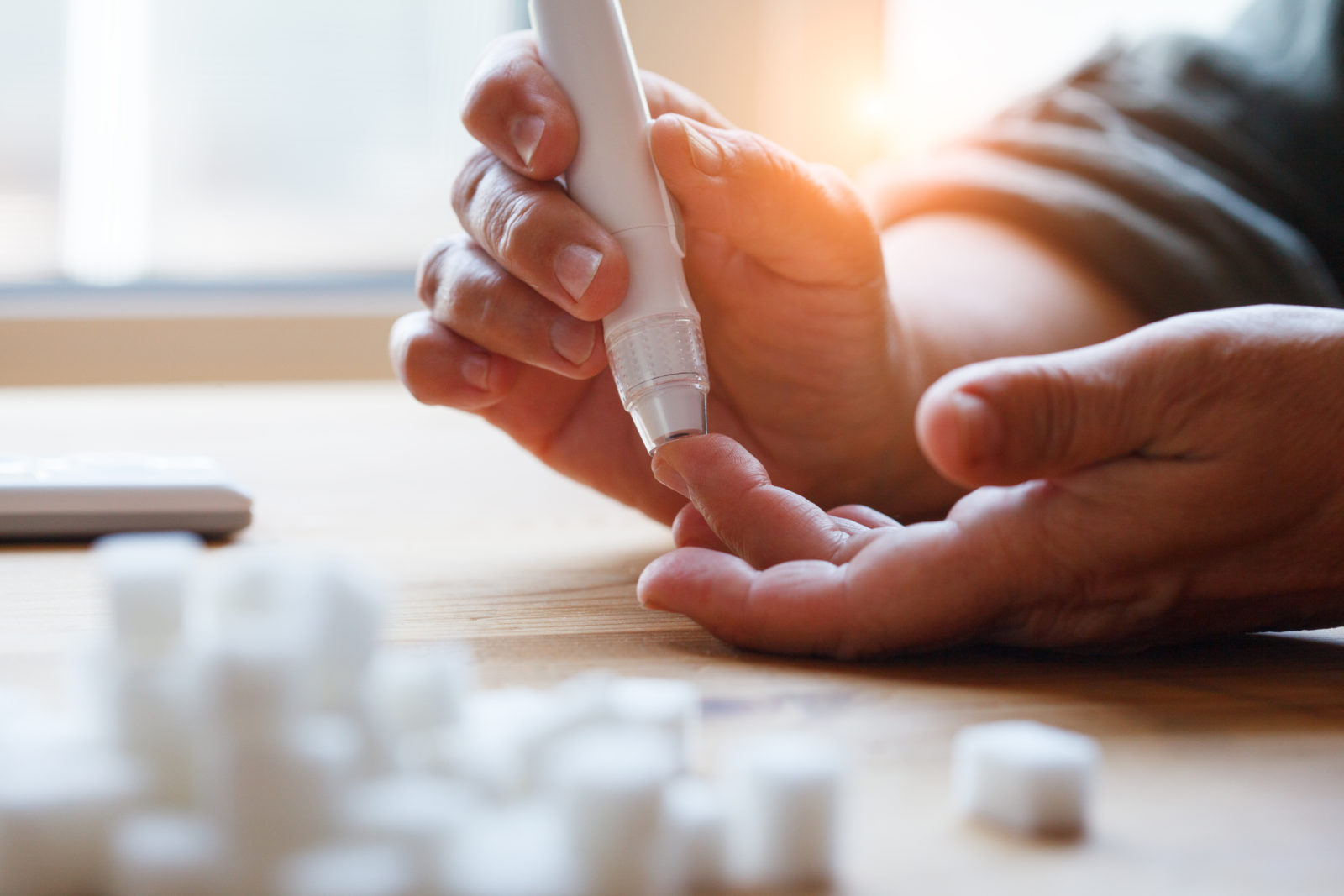With the Met Office issuing weather warnings for extreme heat across much of Wales this weekend and into next week, Diabetes UK Cymru is putting out its own advice for how people living with diabetes can cope in the hot weather.
Enjoying the sun is one of the things many of us look forward to at this time of year. But for people living with diabetes, high temperatures can make it harder to manage blood sugar levels so it’s important to take extra care.
If you have any type of diabetes, or know someone with the condition, it’s good to be aware of these tips for staying sun-safe:
Check blood sugar levels
If you usually check your own blood sugar levels, do this more often and be ready to adjust your diet or insulin dose if you take insulin. If you plan on being active in the sun, like going for a swim, eat some extra carbohydrate at your meal before or as an extra snack. Check your levels beforehand and have a sugary snack if your levels are low. Keep something sugary to hand too, such as your usual hypo treatment, just in case.
Keep meters and test strips away from the sun
Extremes of temperature can also affect blood glucose meter and test strips. If you use these, keep your meter and test strips as close to normal room temperature as possible and out of direct sunlight, but don’t refrigerate them as cold temperatures can also lead to misleading results.
Store insulin properly
If you take insulin to treat your diabetes, keep a close eye on how you store it. If your blood sugar levels are consistently higher than expected, it’s worth considering whether your insulin could have been damaged in the sun. Insulin, in the hot weather especially, is best kept in the fridge or a cool bag (taking care that it does not freeze).
When damaged by heat, clear insulin generally becomes cloudy, and cloudy insulin becomes grainy and sticks in the side of the glass. Insulin that has been exposed to bright sunlight sometimes has a brownish colour. Do not use insulin that looks like this. Speak to your GP or a healthcare professional if you’re unsure.
Other medications, such as tablets usually should be kept as close to normal room as possible. Check the patient information leaflet that comes with your medication for information on how to store.
Stay hydrated
If you’re being active or just relaxing, everyone knows that hot weather will make you sweat. This is your body’s natural way of cooling down, but you’ll need to replace the fluids.
Drinking water or sugar free soft drinks will help you to stay hydrated. Carry drinks with you and make sure you have regular sips. Becoming dehydrated increases the risk of
hyperosmolar hyperglycaemic syndrome (HHS) or Diabetic ketoacidosis (DKA).
Other top tips
When you’re out and about in the sun, remember to:
- Wear long sleeves, loose trousers, a hat and sunglasses with a UV 400 label.
- Apply sun cream to exposed areas of your body 15 to 30 minutes before going out in the sun.
- Always wear something on your feet. If you have neuropathy, you may not be aware of your feet burning, so wear sun cream and flip flops on hot ground.
Dan Howarth, Head of Care at Diabetes UK, said:
“Sitting in the sun for long periods can affect your diabetes because you’re not being very active, making blood sugar levels higher than usual. On the flipside, if you take insulin to treat your diabetes, it will be absorbed more quickly from the injection site in warm weather, and this increases the risk of hypos.
“However, the important thing to remember is that, if you are careful about managing your diabetes, there’s no reason you can’t have fun in the sun like anybody else.”









Leave a Reply
View Comments